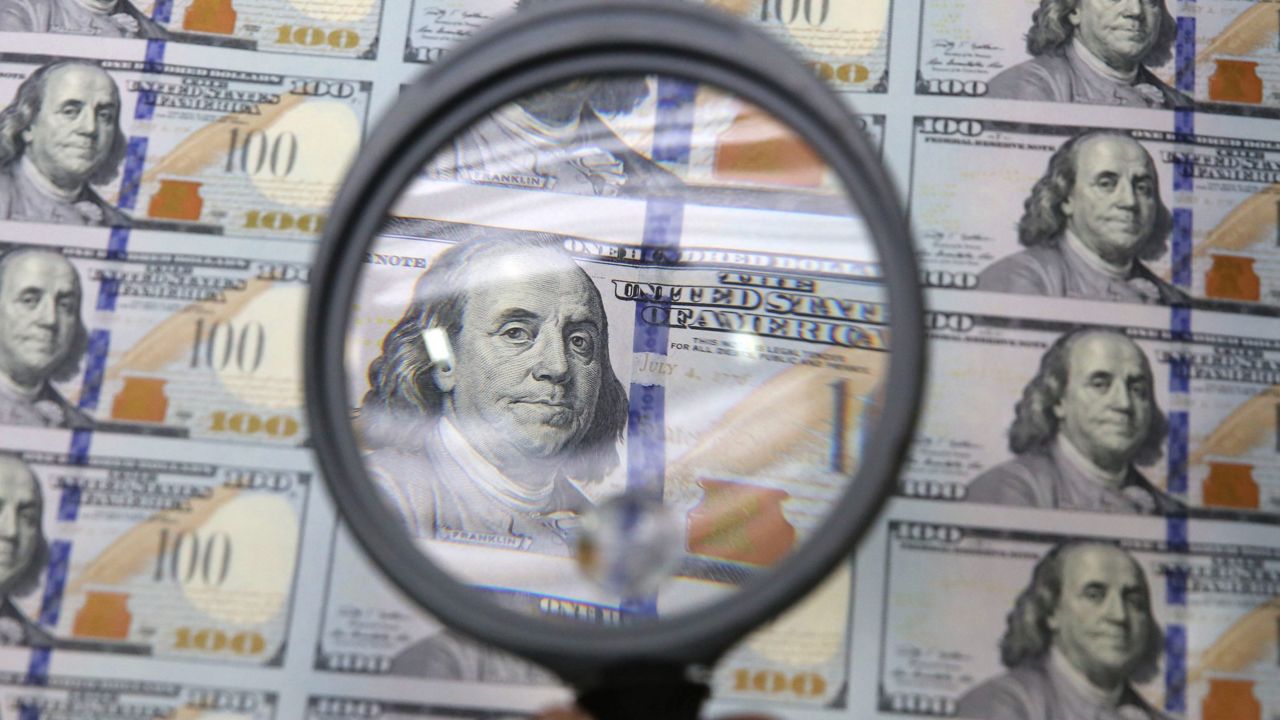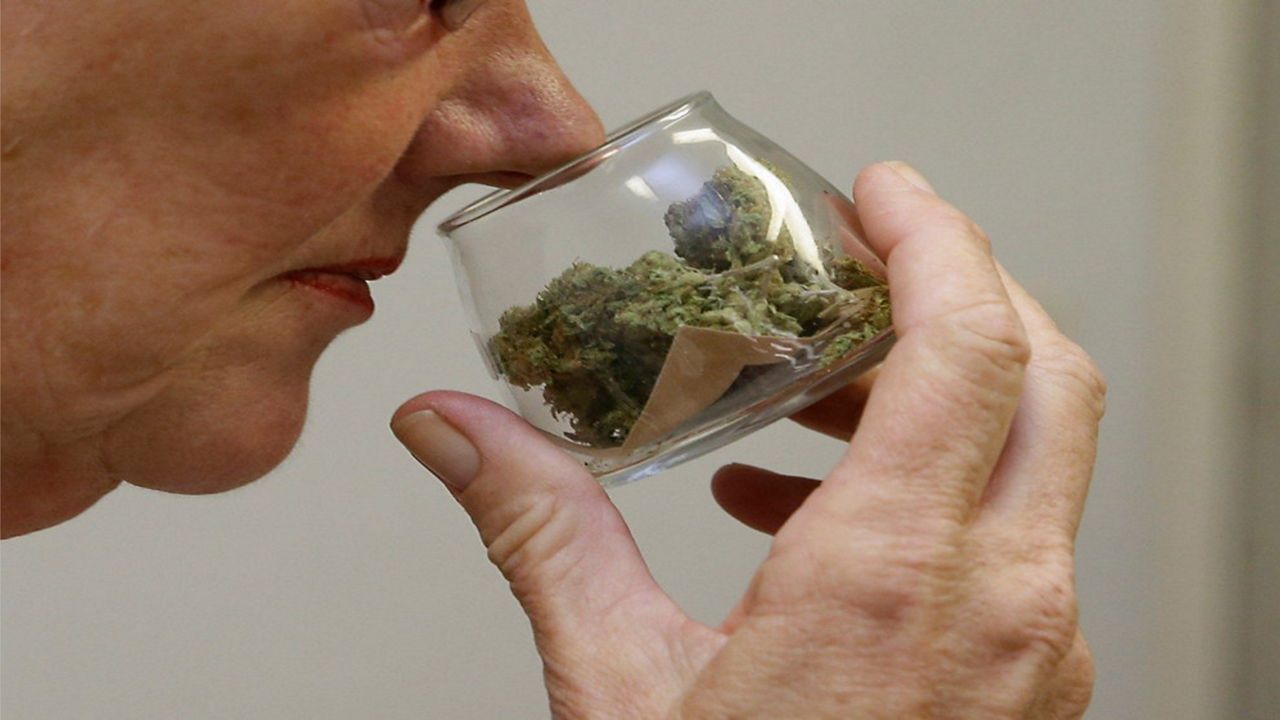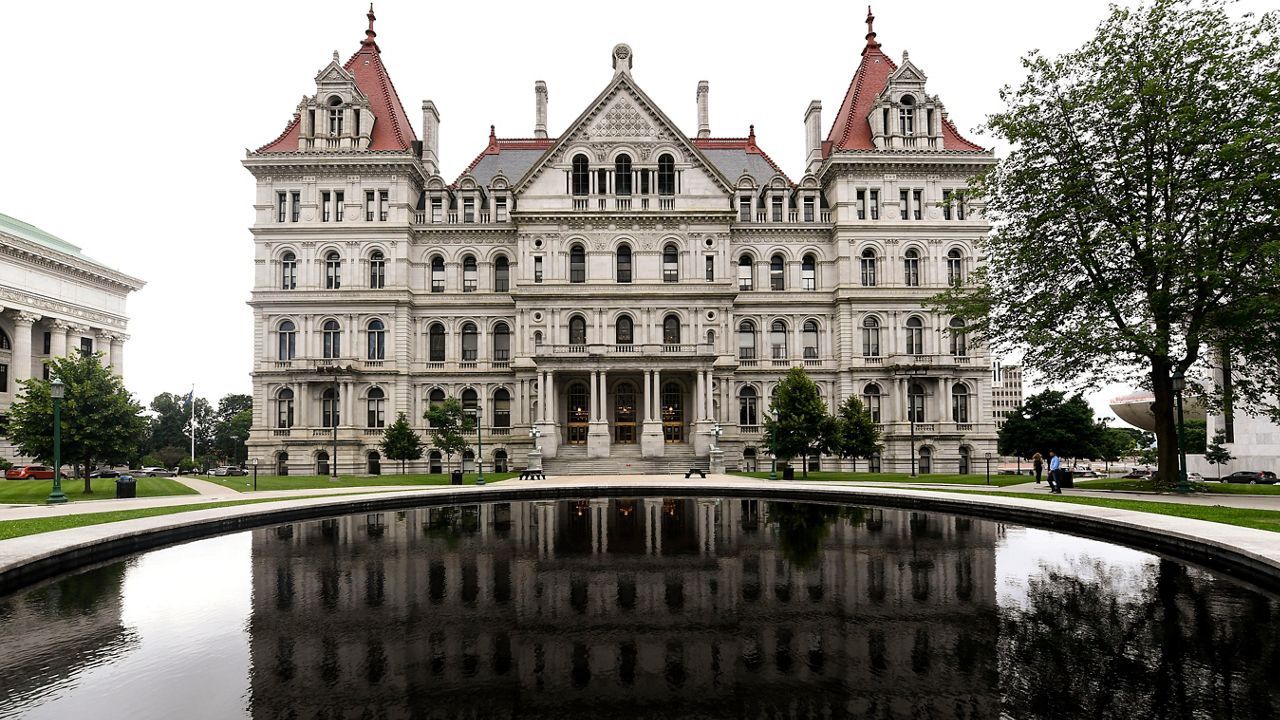Democratic state lawmakers are pushing for a tax increase on the wealthiest New Yorkers this year in the state budget negotiations as Gov. Kathy Hochul has touted her plan that does not seek hikes in the state's personal income tax rates.
Budget proposals made public Tuesday by Democrats in the state Senate would increase taxes on New Yorkers who earn more than $5 million a year.
The positions will put lawmakers at odds with Hochul, whose $227 billion budget proposal does not increase the personal income tax rates and moves forward with reductions for middle-income earners.
Both measures were released separately on Tuesday by Democrats in the state Senate and Assembly. But the proposals align on taxes: The plans would raise the personal income tax from 10.3% to 10.8% for New Yorkers who earn between $5 million and $25 million a year.
The tax rate for people who earn more than $25 million would increase from 10.9% to 11.4% under the Democratic proposals.
New York has been flush with cash from previous increases in the personal income tax on rich New Yorkers, which has in turn led to record increases in direct aid to schools. Federal pandemic aid has also boosted the state's coffers.
The state is expected to once again end the fiscal year with a multi-billion dollar budget surplus, but budget gaps are anticipated in the coming years if revenue does not meet expected increases in spending. At the same time, a decline in the economy could further dampen New York's budget outlook in the near future.
Progressives have supported higher taxes on the rich in order to aid lower-income New Yorkers as well as fund education in the state, arguing the money can support a broader base of people and boost the economy in the process.
Opponents of increasing taxes have pointed to the potential for rich filers to leave the state for lower tax parts of the country. New York relies on a relatively small number of very wealth tax filers to make up much of its revenue from the personal income tax.
The budget is due to pass by April 1.






)

